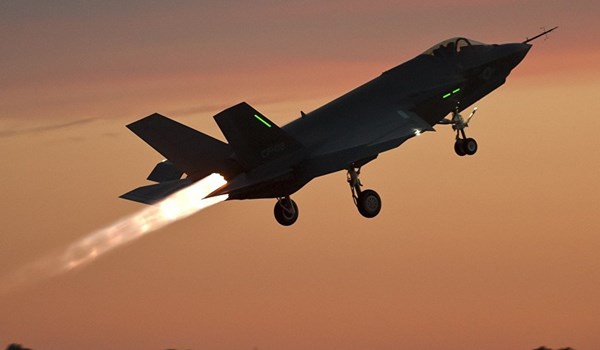Russia, Turkey Urge US to Stop Threatening Rhetoric over Arms Deals
 TEHRAN (Defapress)- Russian Foreign Minister Sergei Lavrov on Monday criticized Washington for pressuring potential buyers of Russian-made weapons, including Turkey, presstv reported.
TEHRAN (Defapress)- Russian Foreign Minister Sergei Lavrov on Monday criticized Washington for pressuring potential buyers of Russian-made weapons, including Turkey, presstv reported.
He added that Washington’s resort to “ultimatums and threats” – which he said are meant to influence global arms trades – is wrong, and that countries will ultimately ignore US pressure and do what they want.
Countries “will not agree to subjecting their right to trade with whom they want and what they want to ultimatums and threats, as is now the case with contracts for the supply of Russian weapons to a number of states, for example, Turkey, Indonesia and India, when Washington openly requires refusal of these contracts", Lavrov said.
The top Russian diplomat also warned that such US demands would create “unpredictability, and an additional potential for conflict”.
Lavrov’s comments came just days after US Congress formally barred deliveries of F-35 Joint Strike Fighter planes to Turkey, despite a signed contract between the two countries.
According to House and Senate aides, the transfer of the fighter jets would be held back until the Pentagon submits a report to the lawmakers about the “overall strategic relationship with Turkey”, all foreign weapons sales to Ankara and its decision to buy the Russian-made S-400 long-range air-defense system.
Washington wants Turkey to abandon plans to buy the S-400 missile batteries from Russia, threatening Ankara with sanctions over such a purchase.
The S-400 system, whose full name is the Triumph Mobile Multiple Anti-Aircraft Missile System (AAMS), is an advanced Russian missile system designed to detect, track, and destroy planes, drones, or missiles as far as 402 kilometers away. It has previously been sold only to China and India.
On April 3, Turkish President Recep Tayyip Erdogan and his Russian counterpart Vladimir Putin said in Ankara that they had agreed to expedite the delivery of S-400 missile systems. The delivery is expected to start between late 2019 and early 2020.
Meanwhile, Turkey’s National Security Council (MGK) blasted as “unacceptable” Washington’s recent threatening language towards Ankara.
The council said the US stance on Turkey’s defense industry projects, over which “Turkey fulfills every kind of responsibilities”, would irreparably damage ties between the two countries.
Turkey is striving to boost its air defense, particularly after Washington decided in 2015 to withdraw its Patriot surface-to-air missile system from Turkey’s border with Syria.
Before gravitating towards Russia, the Turkish military reportedly walked out of a $3.4 billion contract for a similar Chinese system. The withdrawal took place under purported pressure from Washington.
Ankara’s ties with its Western allies in NATO have been strained over a range of issues.
Erdogan has been critical of the US for supporting Kurdish groups in Syria that he says are responsible for terror attacks inside Turkey and is also outraged by Washington's refusal to hand over Fethullah Gulen, whom Ankara accuses of masterminding a 2016 coup against the Turkish government.
message end/
